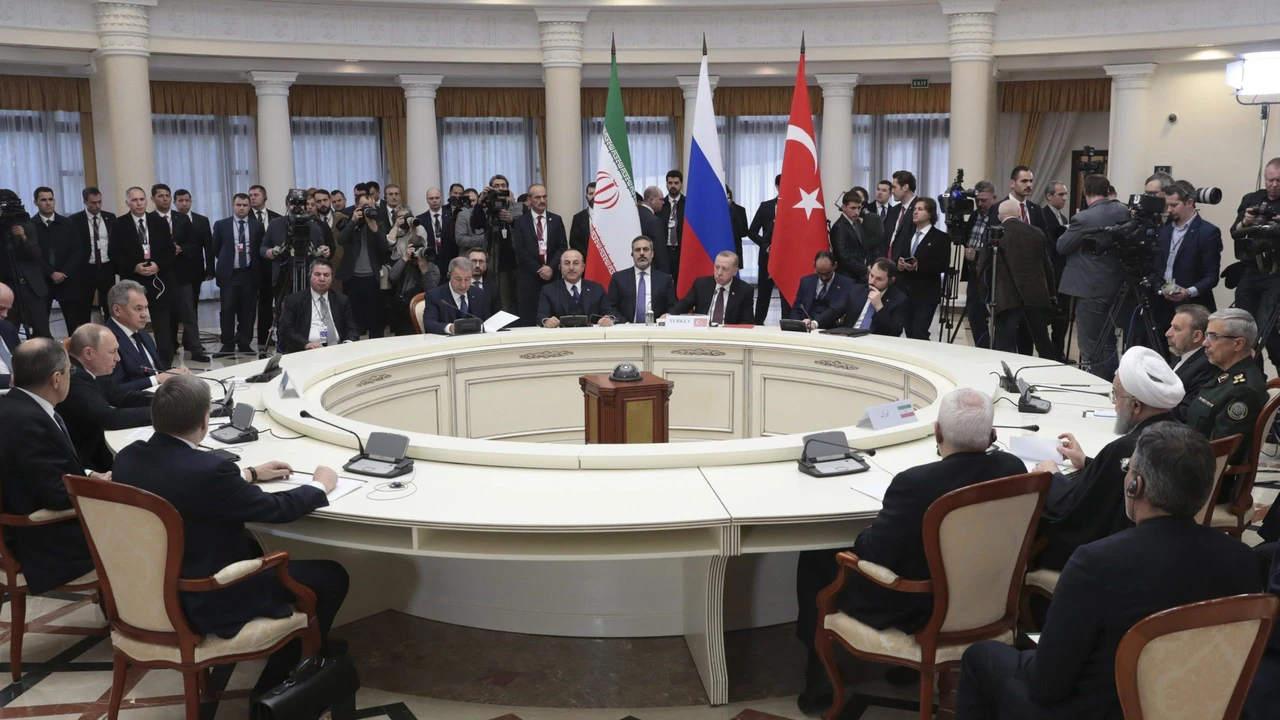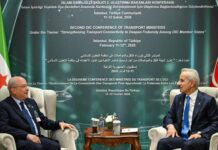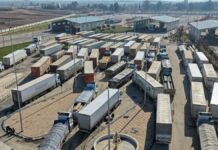
The Kazakh Foreign Ministry announced Friday that the next round of Astana Talks on Syria will convene on Nov. 11 and 12 in Nur-Sultan, Kazakhstan, amid an uptick in violence by Assad regime forces and their Russian allies against liberated areas in northwestern Syria. Observers note that escalated hostilities often accompany these talks, as Moscow aims to assert influence on the ground before negotiations begin.
This 22nd round of discussions, known as the Astana 22 conference, will include representatives from Russia, Turkey, and Iran – the primary “guarantors” of the Astana Process – as well as the Assad regime and “opposition” delegations. In addition, observers from Jordan, Lebanon, Iraq, the UN, and the International Committee of the Red Cross and Red Crescent (ICRC) will attend. The agenda will address a “political solution for Syria,” humanitarian concerns, refugee return, and reconstruction.
The Syrian conflict has experienced a deadly pattern of renewed hostilities from the Assad regime and Russian forces in the days leading up to the talks. In May of 2022, for instance, just days before the previous Astana meeting, Russian and Assad regime forces intensified bombings across Idlib and Aleppo, with casualties reported among revolutionary fighters and civilians alike. That year’s led-up also saw increased Russian-led airstrikes targeting poultry farms, agricultural lands, and residential areas in Jabal al-Arbaeen, causing casualties and displacement. Last year in 2023 Russia bombed camps for displaced as well as homes and residential areas during the “peace talks” themselves.
Local sources have noted a consistent pattern of escalated violence prior to the Astana talks, particularly by Russian forces. Analysts say this serves as a strategic reminder of Moscow’s influence over the conflict despite its military engagement in other theaters such as Ukraine, which has stretched its resources.
In recent weeks, regime forces – reportedly under Russian direction – have ramped up attacks with airstrikes and artillery shells, particularly targeting Idlib’s Jabal al-Zawiya region. Rights organizations have documented bombings on farms, homes, and main supply roads. On Wednesday alone, 15 Russian-made suicide drones hit the Maarat al-Naasan-Kafr Nouran road near Idlib, killing one civilian and injuring another.
While Astana participants continue to stress the importance of “political progress,” some international voices have criticized the talks as ineffective. Since 2021, the United States has boycotted the Astana format, preferring the Geneva-based negotiations under the UN as a path to peace in Syria. Former US Ambassador to Kazakhstan William Moser previously stated that Washington would not return as an observer to Astana, viewing the Geneva talks as the “best way to resolve the situation in Syria.”
Participants in the upcoming talks are expected to revisit longstanding issues including the establishment of humanitarian corridors, the ongoing crisis of missing persons, and confidence-building measures. Nonetheless, analysts say the likelihood of a breakthrough remains low, given the entrenched positions of major actors and Russia’s historical precedent of intensifying military operations ahead of peace talks.
While this month’s talks may yet yield incremental agreements on issues like prisoner exchanges and humanitarian aid, regional observers remain cautious. As the pattern of pre-talk violence unfolds again, civilians in Syria’s north brace for further escalation, even as negotiators prepare to convene in Nur-Sultan.








